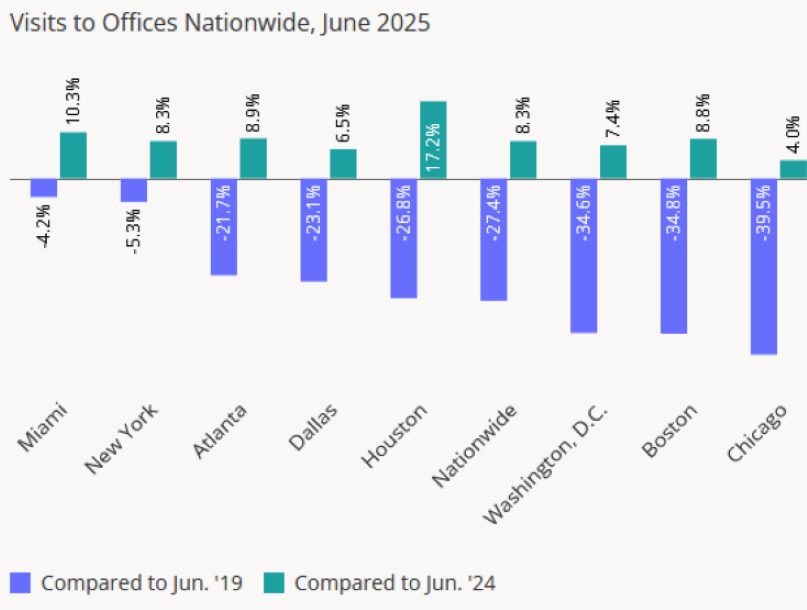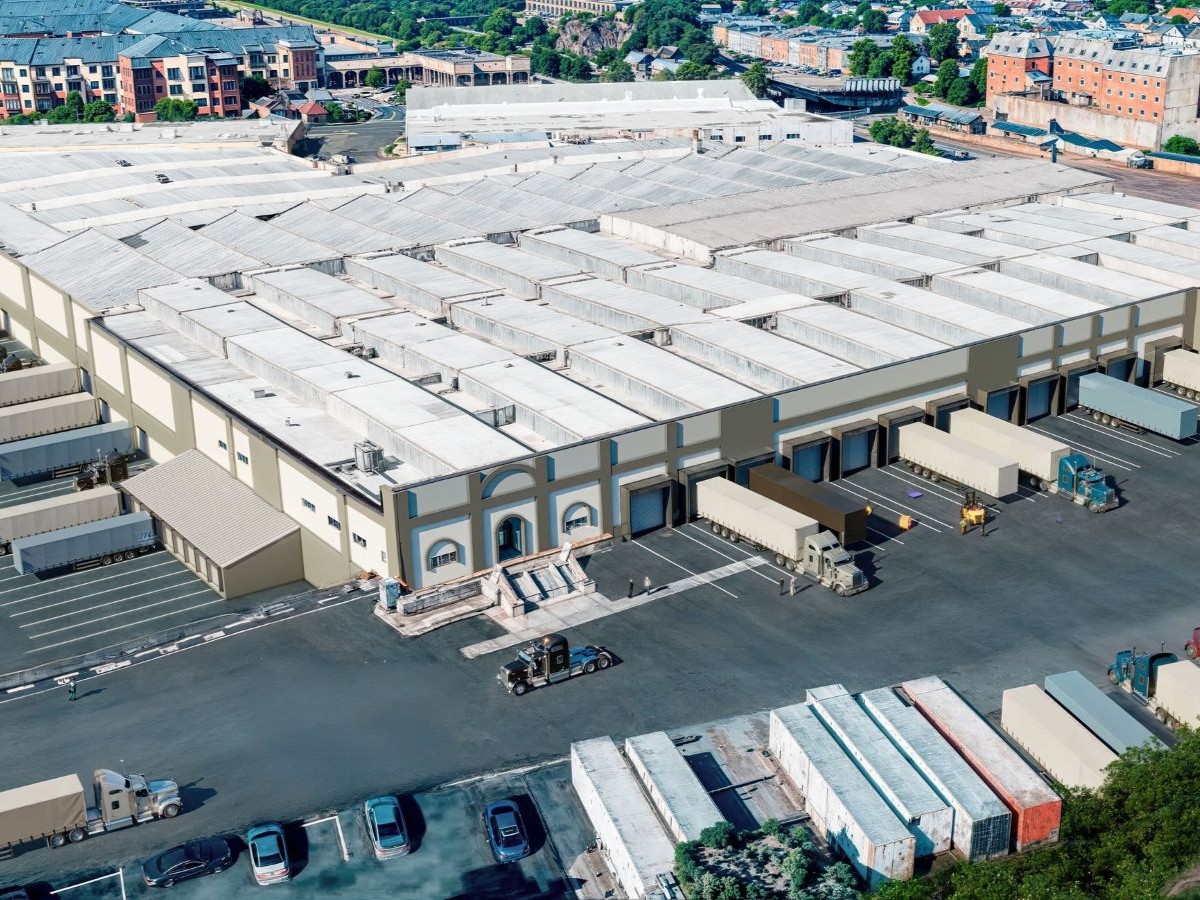Disruptive Changes to Market
By Marcelo Bermúdez, President, Figueroa Capital Group, subsidiary of Charles Dunn Co.: A look at how a few indicators affect the world of finance.
By Marcelo Bermúdez, President, Figueroa Capital Group, subsidiary of Charles Dunn Co.
As an avid reader of everything from business journals to commentaries, I do my best to find objective information to help determine what’s going on in the world of finance. A few indicators I look at include the current U.S. tax policy conversation, Asian / ASEAN country GDP growth or cooling, European Union market updates, Middle East tensions, local market activity, technological breakthroughs that can disrupt the markets, population growth, and employment activity.
If you’re an avid cook, you take the time to pick your fruits, vegetables, and proteins. When you’re buying a sack of rice, you probably don’t think about the technological revolution that is occurring in countries across Asia and the worries there are for rice yield, especially with this week’s heat wave. Rice farmers use one-third of the potable water on the planet. With the persistent droughts occurring, there is plenty of incentive to create technologies that improve rice yield as well as ways to use the limited waters supply in the most judicious ways. It can also help pull Asian and African continent countries out of abject poverty. This kind of investment helps to ensure real, career-wage jobs continue to be created.
It is also important to ensure we have a growing workforce to replace those who are retiring. In Japan, adult diapers exceed the sales of those for babies. In the U.S., much to the credit of the Great Depression and the job insecurity many people feel, couples are choosing to wait or not have children at all. This is going to cause a worker shortfall and limit the opportunities for growth in incomes and the economy in general. The Congressional Budget Office believes the economy will grow 3 percent the next three years, then slow to an average 2.3 percent for next eight years. A lot of is due to the lack of workers available in the job pool.
While investment banking jobs are being slashed across the board at many of the main powerhouses, small businesses and startups are leading the way by creating almost 40 percent of the 220,000 new jobs reported in April 2014. This is a great sign since small businesses are still trying to surpass 2008 employment levels. Most encouraging for the commercial real estate market is that almost 10 percent of those new jobs were added in the construction industry for the basic food groups of property across all industries including mining and transportation. GE and Devon Energy recently announced a technology collaboration agreement at a $125 million global research center to be constructed in Oklahoma City, for example.
Growth in the construction market is echoed by the increasing number of construction-related assignments our team has been receiving across all sectors. One area that has been particularly strong is the restaurant franchise food space. Three recent assignments allowed us to refresh current relationships with lenders and equity sources. Many of these contacts felt strongly that the food service industry is going to be an important part of the recovery. This is especially good news for the retail property sector, which has been last in line to receive attention from investors after multi-family, industrial, hospitality, and healthcare-related properties. All of the funding sources we spoke to said they are quite busy and have plenty of funds to deploy this year.
The U.S. is blessed with immigrants in search of the American dream. In addition, with the expansion of the job pool, those who have quit looking for work will hopefully come back and join the workforce to help grow the economy.








You must be logged in to post a comment.